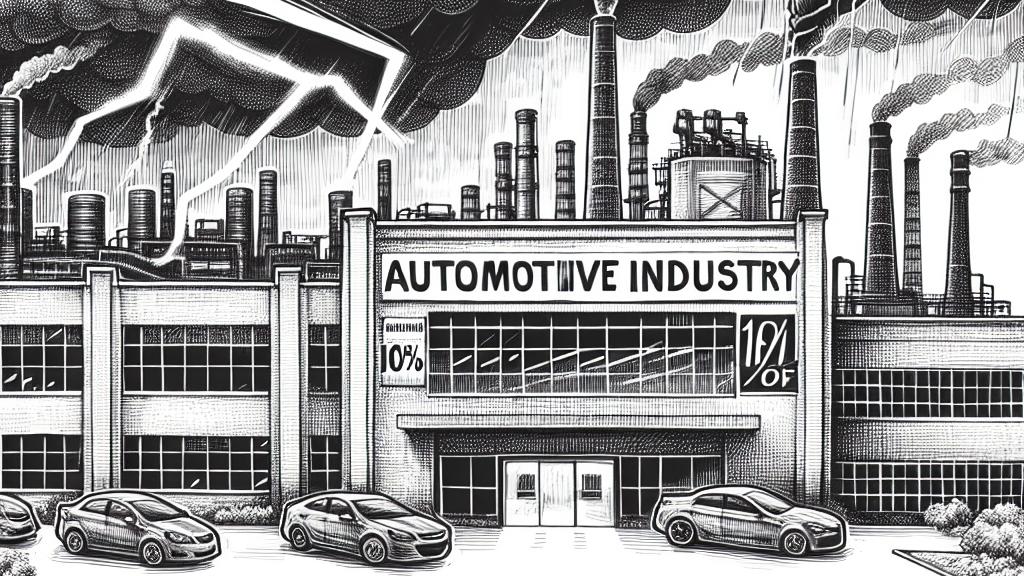Volkswagen Considers Pay Cuts and Layoffs Amid Plant Closures
Overview
- Volkswagen is facing a potential crisis, with plans for 10% pay cuts and widespread layoffs across its German operations.
- The company is preparing to terminate job security agreements that have shielded workers for decades, threatening thousands of jobs.
- In its efforts to remain competitive, Volkswagen must navigate fierce pressures from rival manufacturers and adapt to a rapidly changing market.

Significant Economic Pressures in Germany
Volkswagen, a cornerstone of Germany's automotive industry, is currently wrestling with urgent economic pressures that could lead to severe workforce reductions. Reports indicate that the company is considering implementing pay cuts of up to 10% for all employees, alongside potential layoffs affecting tens of thousands of workers. According to Daniela Cavallo, who leads the works council, these measures are necessary to combat the escalating challenges posed by aggressive competition, particularly from Eastern Asian automakers that have innovated rapidly. The thought of losing income has instilled a profound sense of fear among employees, who find themselves questioning not just their job security but also the well-being of their families. This emotional turmoil presents a significant hurdle for morale within the organization, as employees confront the harsh realities of a rapidly evolving job landscape.
Potential Factory Closures and Dismantled Job Security
Further compounding the anxieties faced by the workforce, Volkswagen is reportedly considering the closure of several key factories for the first time in its history. Such closures would represent a drastic step, potentially leading to widespread job losses and devastating effects on local economies relying on these facilities. The company also plans to dismantle job security agreements that have provided a safety net for workers since 1994, leaving many feeling vulnerable and exposed. This decision has sparked outrage from unions, particularly IG Metall, prompting promises of fierce resistance against management's plans. As unions raise alarms about the potential fallout from these closures, they highlight the crucial role that Volkswagen plays in sustaining not just jobs, but entire communities that depend on the economic stability the automaker provides.
Strong Reactions and the Uncertain Future Ahead
The backlash from labor representatives is both vocal and determined, emphasizing the high stakes at play in Volkswagen's ongoing restructuring efforts. Workers, feeling the strain of impending changes, express a mix of anxiety and frustration, well aware that their futures hang in the balance. As negotiations proceed, employees are left wrestling with a bitter sense of uncertainty regarding their livelihoods. This moment marks not merely a challenging corporate strategy but a potentially pivotal point in Volkswagen's history. The decisions taken now will determine the company’s capability to adapt and thrive in an increasingly competitive global marketplace. Indeed, if Volkswagen successfully navigates these turbulent waters, it may emerge more resilient; however, failure to do so could result in lasting damage to its workforce and the communities tied to its operations.

Loading...